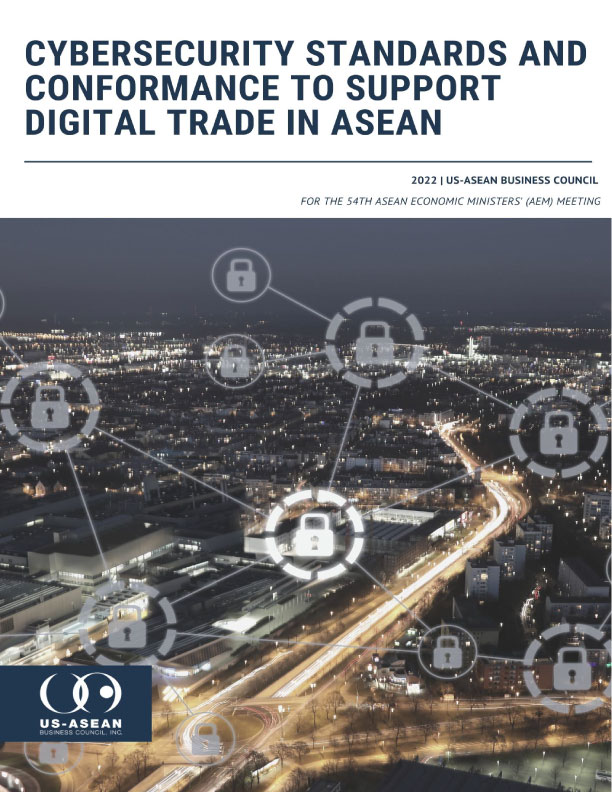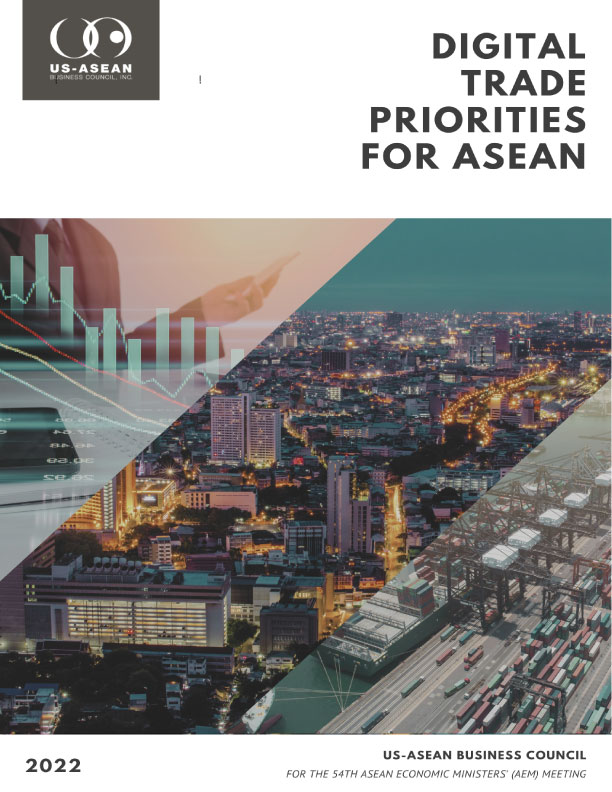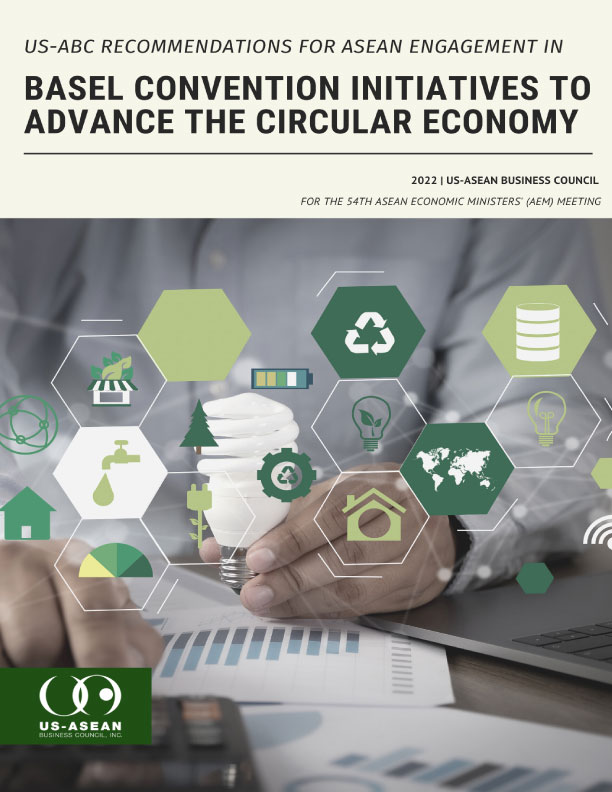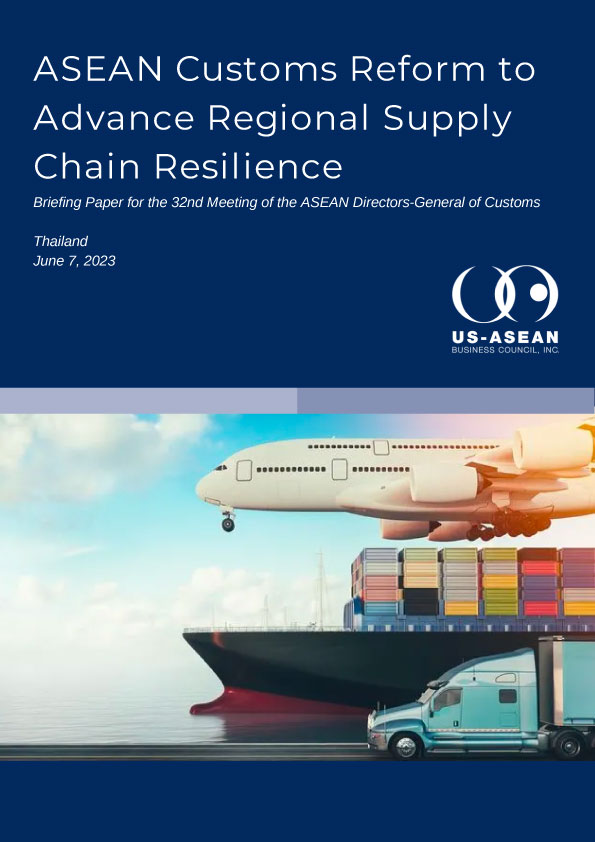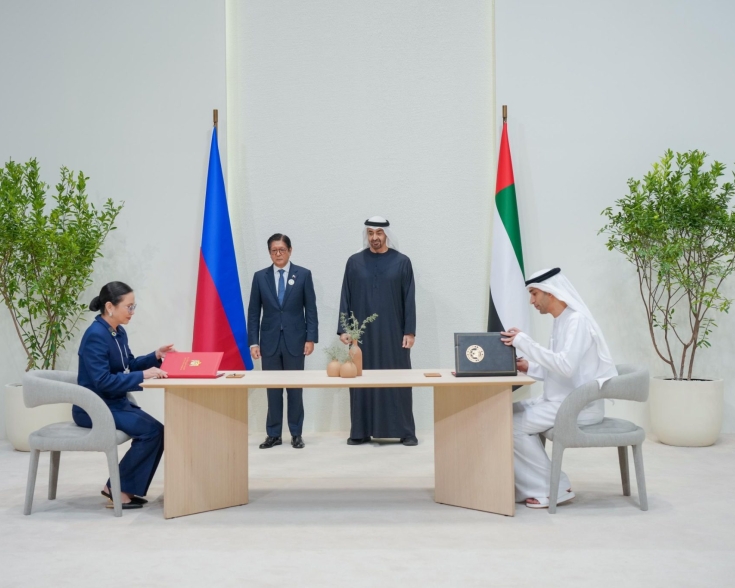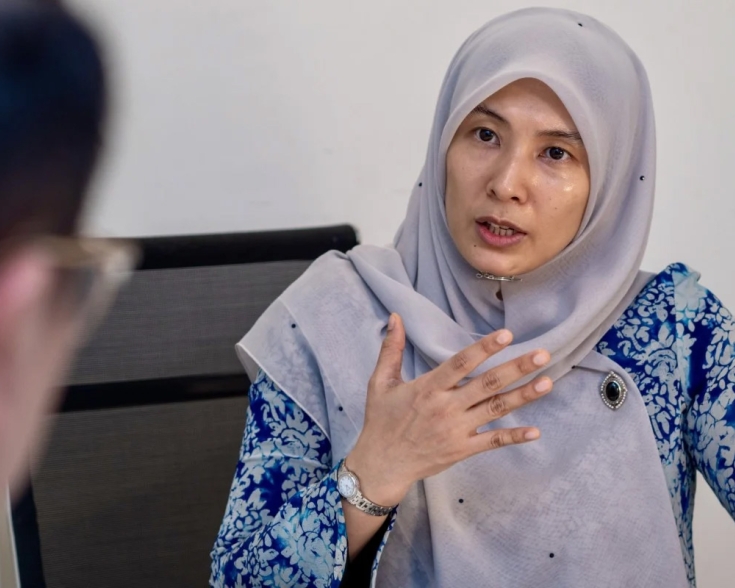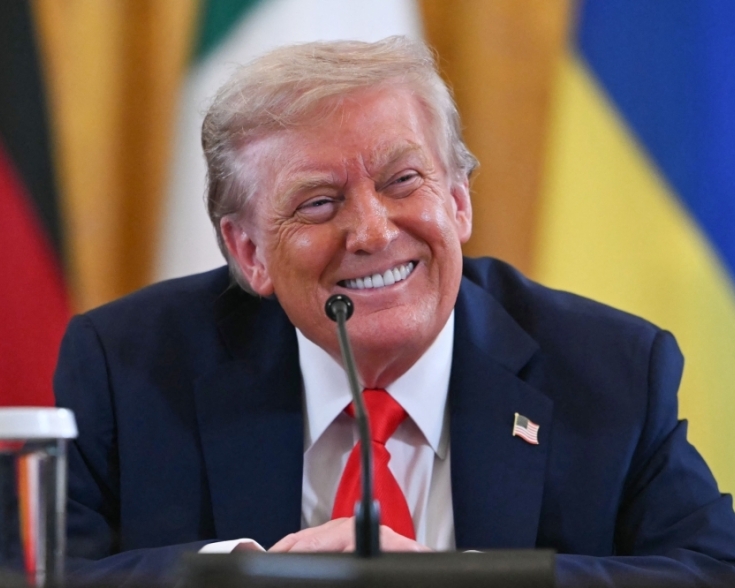Xi Arrives in Malaysia to Discuss Tariffs and Responses to the U.S.
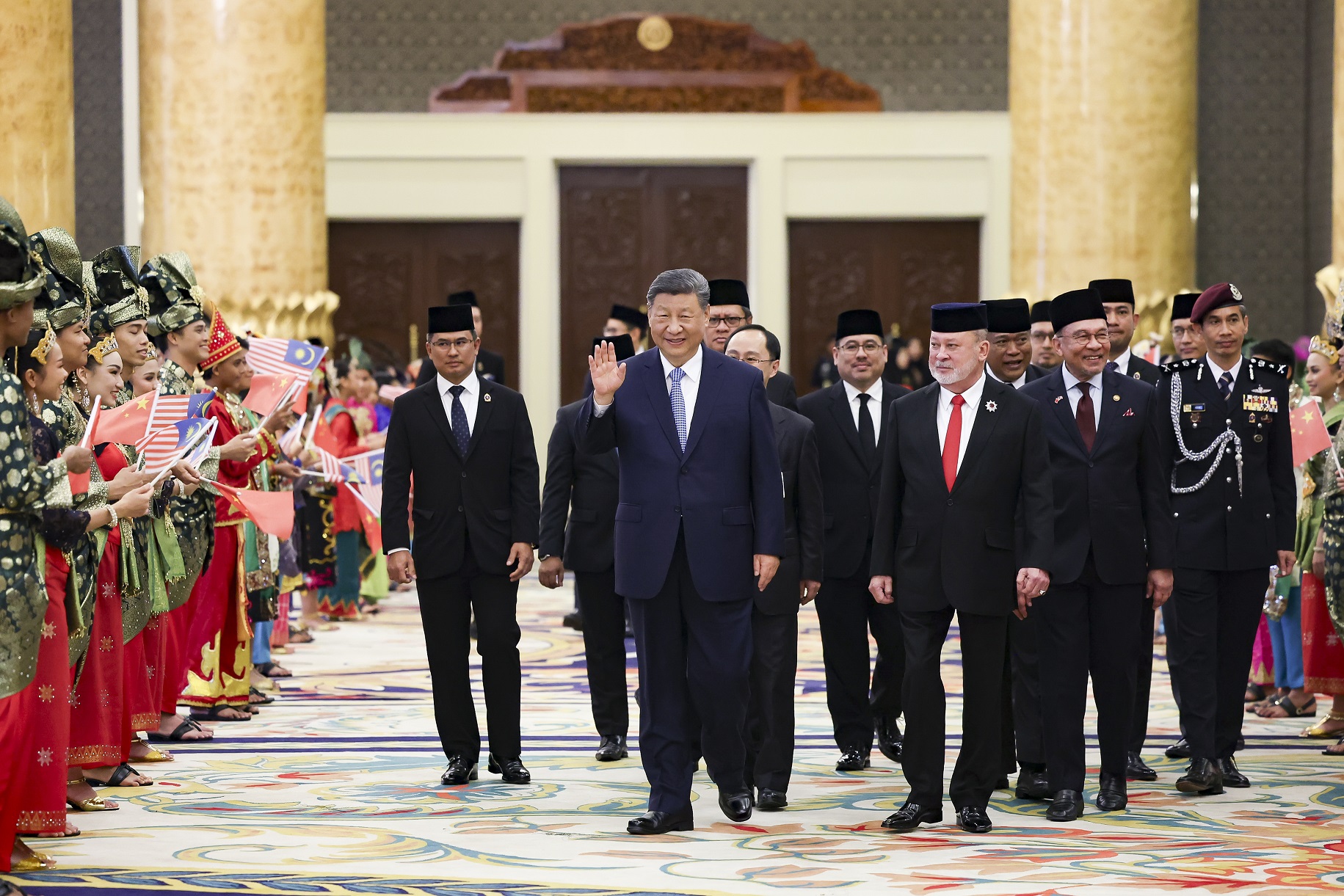
On April 15, Chinese President Xi Jinping visited Malaysia during a three-day state visit to attend the ASEAN-GCC + China Summit event in Kuala Lumpur. The visit marked a significant economic and strategic trade development, given the ongoing uncertainty generated by U.S. trade policy to impose sweeping tariffs on American importers of goods made outside the United States. During the visit, Xi and Malaysian Prime Minister Anwar Ibrahim oversaw 31 agreements and protocols covering cooperation in digital technology, AI, infrastructure, intellectual property, education, defense dialogue, and visa facilitation.
Amid trade disruptions and U.S.-China rivalry, countries like Malaysia are hedging their bets—diversifying trade and technology partnerships amid the rising global trade tensions. China’s move to strengthen its relationship with ASEAN countries by portraying itself as the more stable and dependable partner, comes at a time when U.S. economic policy appears increasingly protectionist. In particular, the new agreements will expand Chinese engagement in both digital and physical infrastructure development projects in Malaysia.
As part of the deepened cooperation, China and Malaysia have agreed to jointly develop AI laboratories, satellite navigation systems, and digital economy infrastructure. The two countries will also launch joint media and cultural initiatives — including co-productions and news exchange — that could amplify China’s soft power presence in Malaysia. In parallel, collaboration on railway development and mutual visa exemptions is expected to enhance regional mobility and logistics. While supporting Malaysia’s growth objectives, these developments could also impact market shares of U.S. companies.



